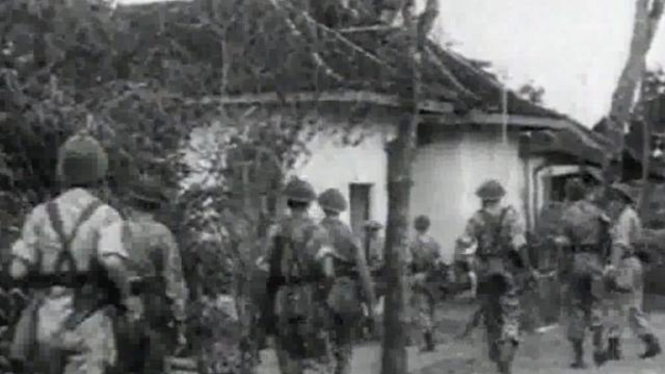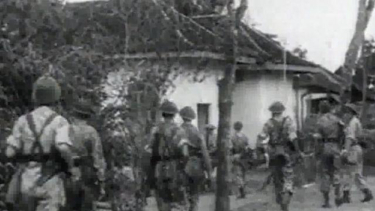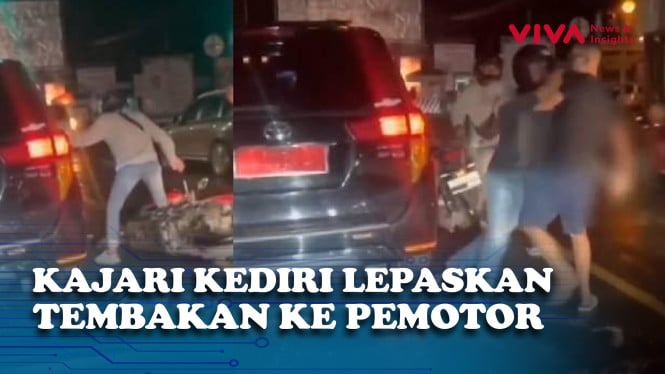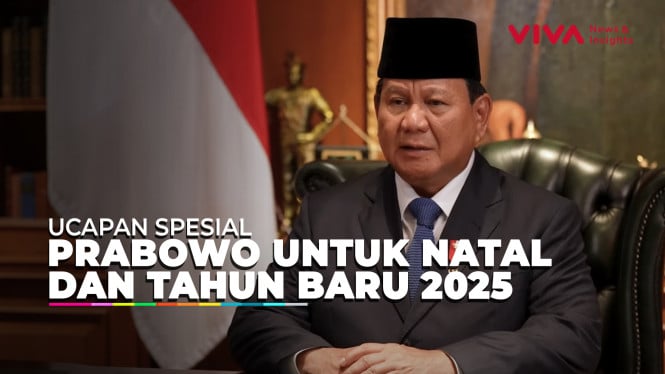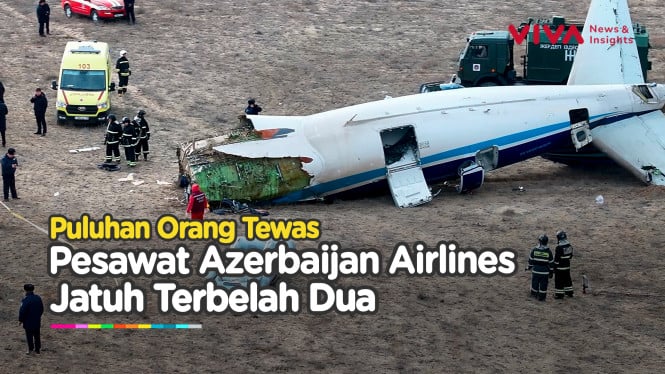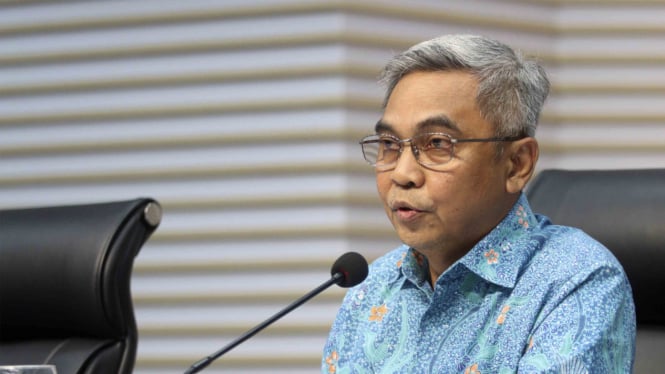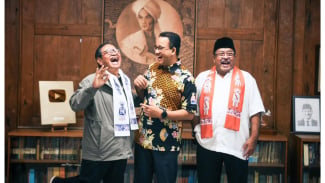Rawagede Case, No Prosecution for Dutch Troop
- Radio Nederland Wereldomroep
VIVAnews – Justice has yet to serve the victims of massacre in Rawagede, Indonesia. On last Friday, April 13, the Public Prosecution Office in Arnhem decided that the Dutch soldiers that killed 431 Rawagede residents could not be tried in court as the statute of limitations has passed and therefore no investigation will be launched.
The Dutch constitution mentions that crime investigation, even on the largest case, cannot lapse 24 years. Meanwhile, the Rawagede tragedy took place 64 years ago.
In response to the verdict, Chairman of Rawagede Foundation, Sukarman, was surprised. “I was just informed about the decision. Human Rights violation shouldn’t have applied expiration date,” he told VIVAnews, on Sunday.
Moreover, he said, the incident was not a part of the war. 300 armed soldiers under the leadership of Mayor Alphons Wijnen were against helpless villagers. “If it’s a war, then it would have an expiration date,” he added.
Sukarman also said that when he visited Den Haag on June 25, 2011, he met one of the former soldiers who were deployed to Rawagede. “He admitted that there were 100 shooters, and many of them are still alive,” he said.
Sukarman said the case against the perpetrators of Rawagede massacre must not be terminated. “They have to be responsible [of the massacre]. Moreover, the Dutch court ruled that the Netherlands proves guilty, that it was a violation against Human Rights,” he said.
Sukarman stated that a trial against the perpetrators are not intended to avenge and to punish the elderly retired soldiers. “Even if they’re not tried in court, the living ones should come to Karawang, to Rawagede, to apologize in person. We’re humans, we will certainly forgive them,” he added.
On December 9, 1947, 300 Dutch soldiers went to Rawagede for one purpose: to find and to arrest Captain Lukas Kustaryo, the commander of a Siliwangi Division. Dutch soldiers even called him “Karawang’s Rascal”.
The soldiers were unable to find Lukas, but they turned their anger towards the villagers. The men of the village were slaughtered by gunshots fired from behind. The bodies were thrown out to the nearby river, giving the area the stinging smell of dead bodies that lasted for days.
An anonymous letter sent to the Committee of Dutch Honorary Debts (KUKB) in the Netherlands. The sender admitted that he was a war veteran who took part in the Rawagede tragedy.
The letter contained an apology. “Now, I am reminded of Rawagede day and night, and it made my head hurts and my tears irritate my eyes,” said the letter.

